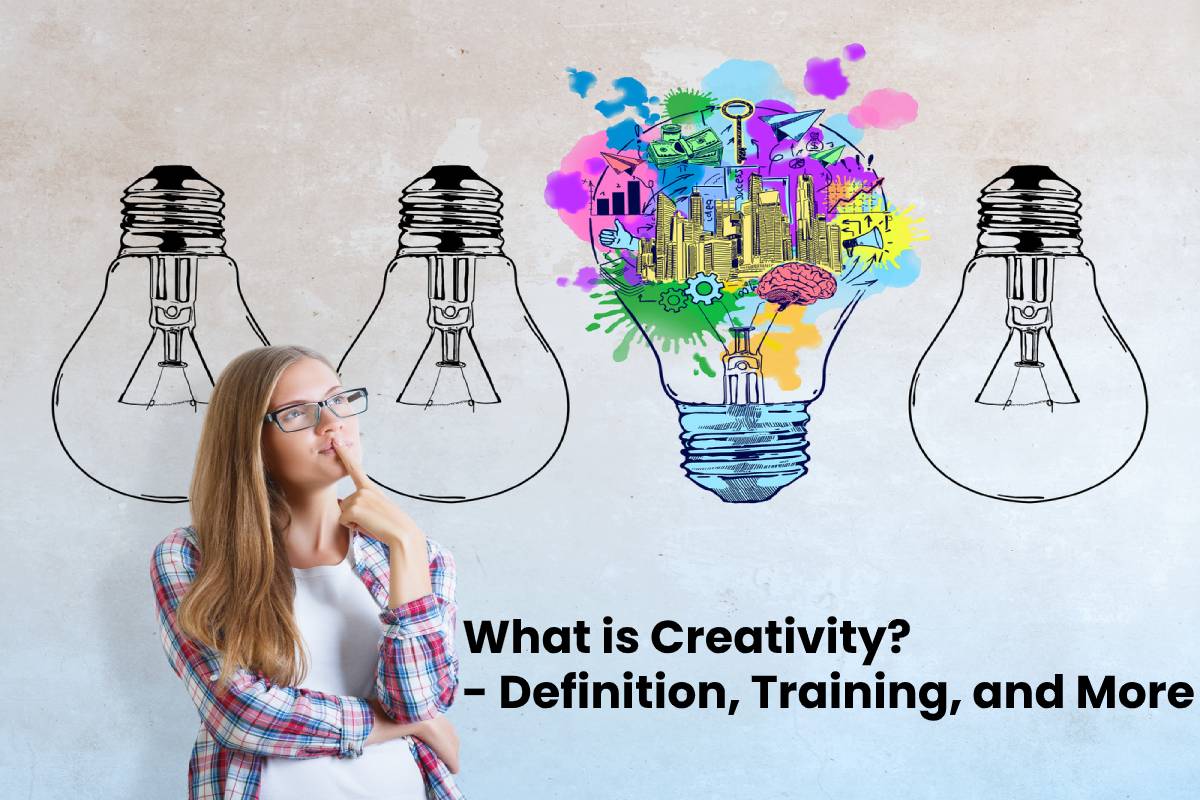Table of Contents
Creativity Definition
Creativity is an essential human ability and has nothing to do with talent. Yes, I think everyone is creative. It was only through creative problem solving that humans managed to survive.
Creativity is more a way of thinking, a view of things, and the world, a form of perception.
Creativity has many faces and can show itself in many ways: sewing a new curtain, furnishing the apartment, becoming a storyteller, developing software, leading a group, setting up a business.
Which professions require creativity?
- The media and product designer are two typical examples of a profession that requires outstanding creativity.
- Everyone wants to “live out” their creativity. Our hobbies and leisure activities allow us to let our creative streak run free.
- However, there is no reason not to look for a job that requires creativity. That best fits our hobbies or leisure activities.
- In almost every industry, some professions require a high degree of creativity. In the IT industry, it is the computer scientist for application development.
- If you prefer to work with people, you may like the profession’s hairdresser or beautician. As a product designer, you can develop creative products.
- There are a lot of professions where you can let your creativity run free.
How to Train Creativity?
1. Copy cleverly
- Creativity flies to very few. Therefore, it doesn’t hurt to get ideas or inspiration from existing works.
- You have to create something of your own from your inspiration and not copy the current work senselessly.
2. Don’t overthink it
- It means that you shouldn’t worry about how you start.
- Just start with your work, don’t waste much thought on the best course of action so that you can use your creativity best.
3. Don’t be afraid of mistakes
- Creating new, innovative ideas also means making mistakes. You don’t have to be scared of making mistakes.
- On the contrary, through these, you usually learn a lot more and can always improve it.
4. Raising the bar
- That sounds silly at first, but by limiting our time or minimizing our resources, we forced to act creatively.
- The reason is simple, and we have an almost impossible task with limited resources. Because of these limitations, we forced to try creative new ways.
5. Use the most productive time
- Each person is creative at a different time. Find out when your “leisure hours” are and use them effectively.
- But that doesn’t mean you shouldn’t do anything for the rest of the day. During your concentration phases, you can collect additional information that your brain can process in the formative period.
6. Take notes
- Brainstorms come and go when you want, and remembering them afterward is usually very difficult. Get one or more notebooks that are always within reach.
- This way, you can immortalize your good ideas and refine them at a later time. You can also write down your creative ideas on your smartphone; the advantage here is that you almost always have them with you.
7. Patience
- Not every idea that you have will be from the beginning perfect. On the contrary, it takes time and patience.
- But that doesn’t mean you’re stuck, do other things in the meantime. You will notice that the brainwave will come at some point, which can solve the whole problem.
8. Explore new things
- Visit a city you’ve never been to or take another route to work. These things sound very banal, but they are new experiences for our brain.
- It keeps fit, and it can access further information. Trying out new hobbies has the same effect.
9. Avoid brainstorming
- Brainstorming intends to develop new ideas in a group. However, several studies and studies have shown that each individual comes up with more ideas.
- The reason for this can be the “alpha animals” that negatively influence opinions or do not even allow them.


